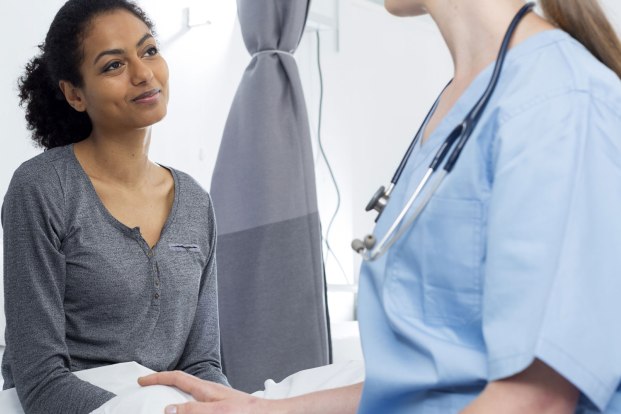Trying to Conceive: Your Pre-Pregnancy Checkup
Apr 19, 2022
We know about the importance of prenatal medical care in assuring the health of a pregnant woman and her baby. But most experts now suggeststhat women start seeing an obstetrician before they become pregnant for something called as pre-pregnancy or preconception care. Your doctor would want to start a pre-pregnancy checkup by getting a full medical background from both you and your partner. He or she may also want to run a number of tests like as blood tests and a Pap smear to make sure that neither of you have any medical conditions that could affect pregnancy or your chances of conceiving.

Pre-Pregnancy Checkup might test for illnesses like as:
- German measles immunity
- Chickenpox immunity
- HIV
- Hepatitis B immunity
- Herpes
- Other STD (like as chlamydia, syphilis, and gonorrhea)
- Thyroid issues (with a TSH test)
- Other conditions, like as toxoplasmosis and parvovirus B19 (also known fifth disease)
It, Finally, depending on your ethnicity, your doctor may recommend genetic tests for:
- Sickle cell anemia
- Thalassemia (an inherited form of anemia)
- Genetic diseases common in the Ashkenazi Jewish population, such as Tay Sachs disease
If it’s time for you to update your vaccines, it is very important to do so before you are pregnant. A Some specific vaccinations such as the MMR (measles-mumps-rubella), varicella (the virus that causes chickenpox), or hepatitis A vaccines increase the risk of birth defects. Experts advise that you wait at least 28 days after receiving some of these vaccinations before trying to conceive.









